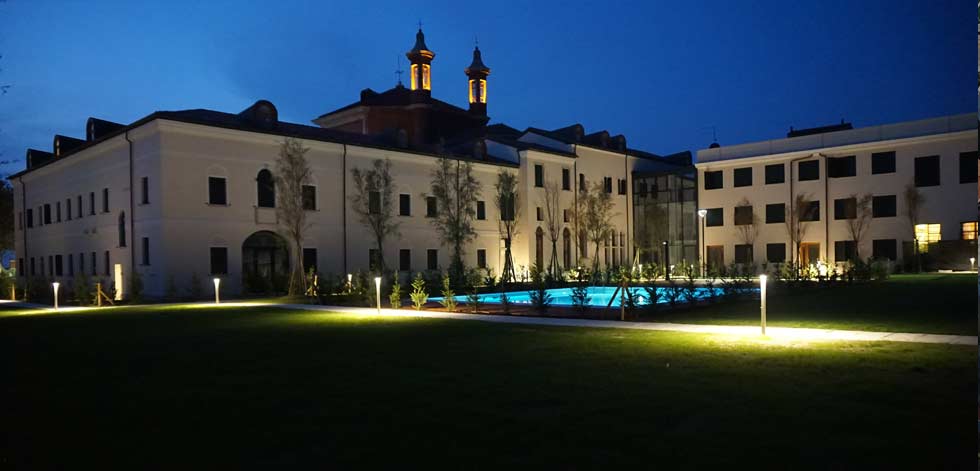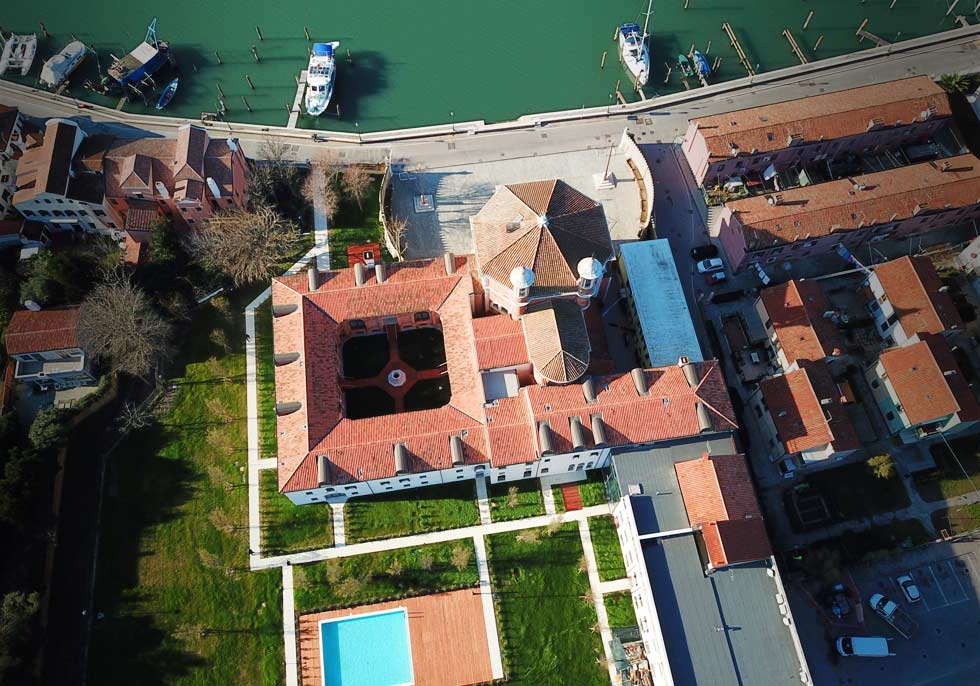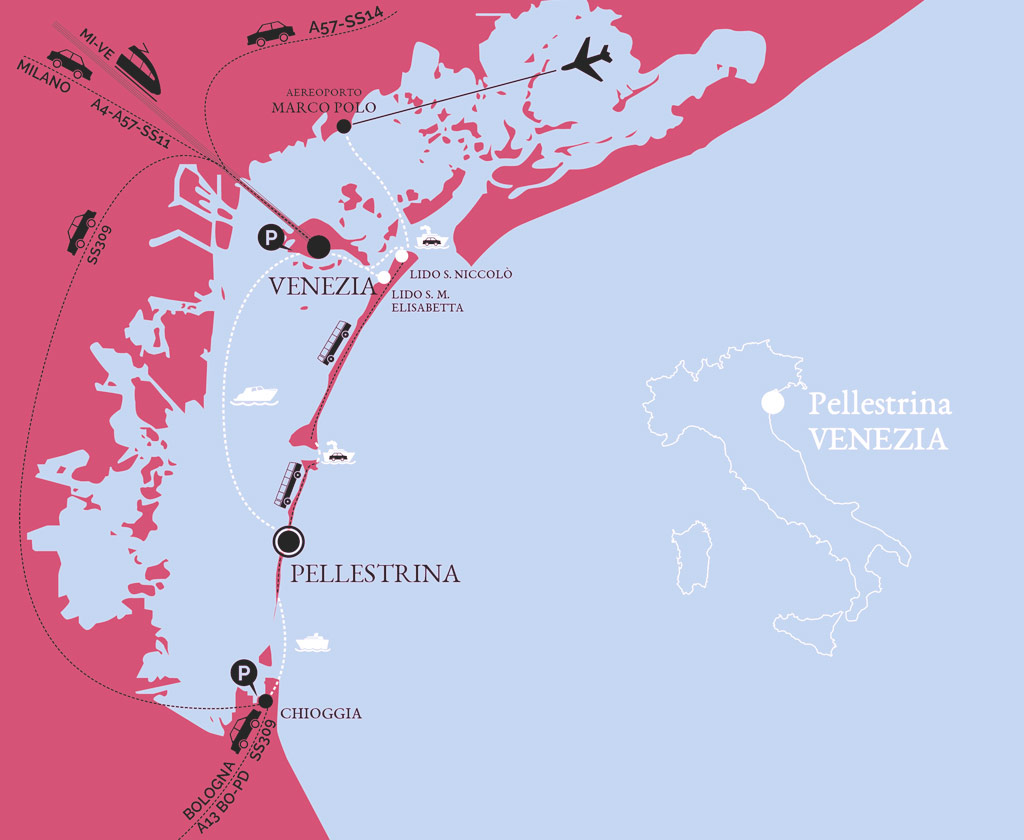 Reaching Pellestrina by car
Reaching Pellestrina by car
• Reaching Pellestrina from Venice / Piazzale Roma
Whichever direction you arrive from, all directions for Venice lead to Piazzale Roma (the furthest point that can be reached by car).Once in Piazzale Roma, park the car in one of the many pay parking areas and then take one of the Vaporettos (water boats) that head to the Lido S. Maria Elisabetta stop (very frequent).
Get off at the Lido S. Maria Elisabetta stop and take the ACTV no. 11 bus. Continue to remain on the bus, as it boards the ferry and travels around the entire island of Pellestrina.
Get off at the "Scuole" stop.
• Reaching Pellestrina from Venice / Tronchetto
Compared to Piazzale Roma, a less-expensive alternative is to park in the Parcheggio del Tronchetto located on the right after crossing the long bridge that connects the mainland to Venice, approximately 500 metres before Piazzale Roma.From Tronchetto take one of the Vaporettos (water boats) to the Lido S. Maria Elisabetta stop. Get off at the Lido S. Maria Elisabetta stop and take the ACTV no. 11 bus. Continue to remain on the bus, as it boards the ferry and travels around the entire island of Pellestrina.
Get off at the "Scuole" stop.
Alternatively, from Tronchetto you can take the Ferry boat, but this arrives at the Lido S.Nicolò stop, approximately 500 metres from Lido S.Maria Elisabetta from where the ACTV no. 11 bus leaves.
• Reaching Pellestrina from Chioggia
If travelling by car, you can park in the multi-storey car park and several outdoor parking areas located in Chioggia at via Isola Saloni.On foot reach the station at Piazzetta Vigo where the no. 11 Vaporetto (water boat) to Pellestrina/Cimitero leaves.
The Venetia Domus building is located approximately 300 metres from the Vaporetto (water boat) stop and is easy to reach on foot.
It is also possible to take the no. 11 bus that connects with the Vaporetto (water boat) and which goes as far as Lido di Venezia. Get off at the second stop (Scuole)
Reaching Pellestrina by car
Travelling by car on the island of Pellestrina is currently allowed, and if required, it is possible to board the car on the Ferry boat, which leaves from the Island of Tronchetto and arrives at the Lido S. Nicolò stop. By car: drive through the island to the Alberoni and board a second Ferry boat that connects the Lido of Venice with the Island of Pellestrina.
 Train
Train
Take any line that reaches the Lido S. Maria Elisabetta stop (very frequent).
Get off at the Lido S. Maria Elisabetta stop and take the ACTV no. 11 bus. Continue to remain on the bus as it boards the ferry and travels around the entire island of Pellestrina.
Get off at the "Scuole" stop.
 Plane
Plane
Take the Vaporetto (water boat) towards Lido.
Take the No. 11 direct bus service to Pellestrina.
 Bus
Bus
 Ferry boat
Ferry boat
Cars can board at Tronchetto stop station in Venice. Get off at Lido, drive across the island and board the car on the ferry boat to Pellestrina.
 Vaporetto (water boat)
Vaporetto (water boat)
Several lines are available:
Marco Polo Airport - Lido S. M. Elisabetta
Piazzale Roma - Lido S. M. Elisabetta
Santa Lucia Station - Lido S. M. Elisabetta
Tronchetto Car Park - Lido S.M. Elisabetta
Arriving from Chioggia – at the Piazzetta Vigo stop, in direction Pellestrina, take the Vaporetto water boat (only passengers) to reach the Island of Pellestrina.
 Personal water taxi
Personal water taxi



















